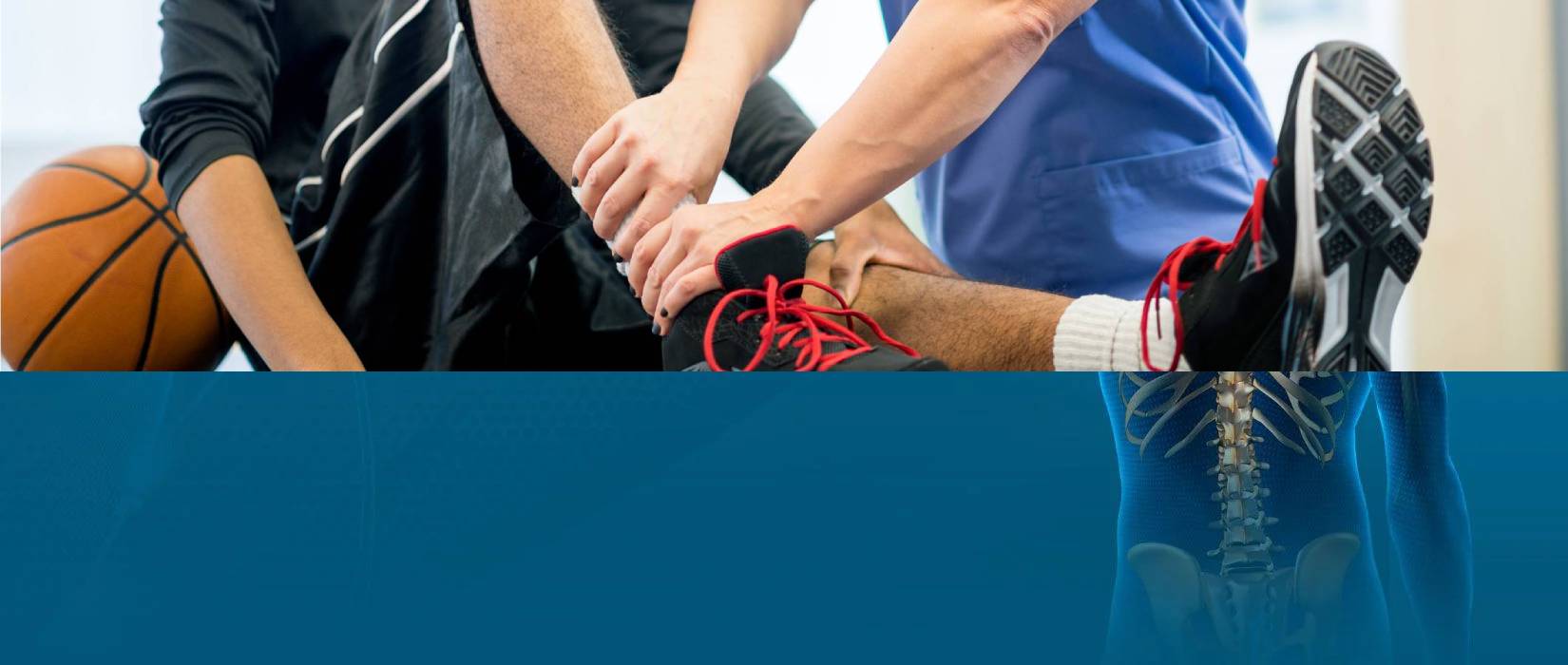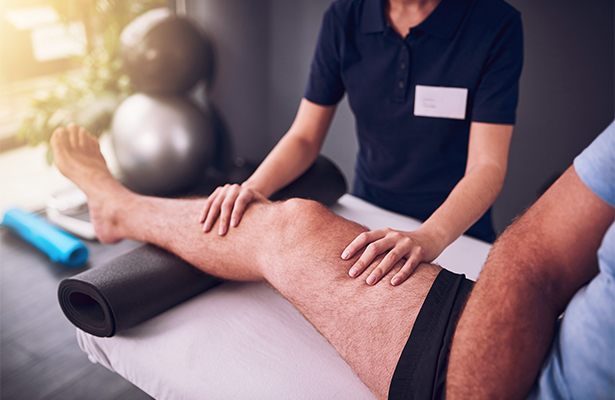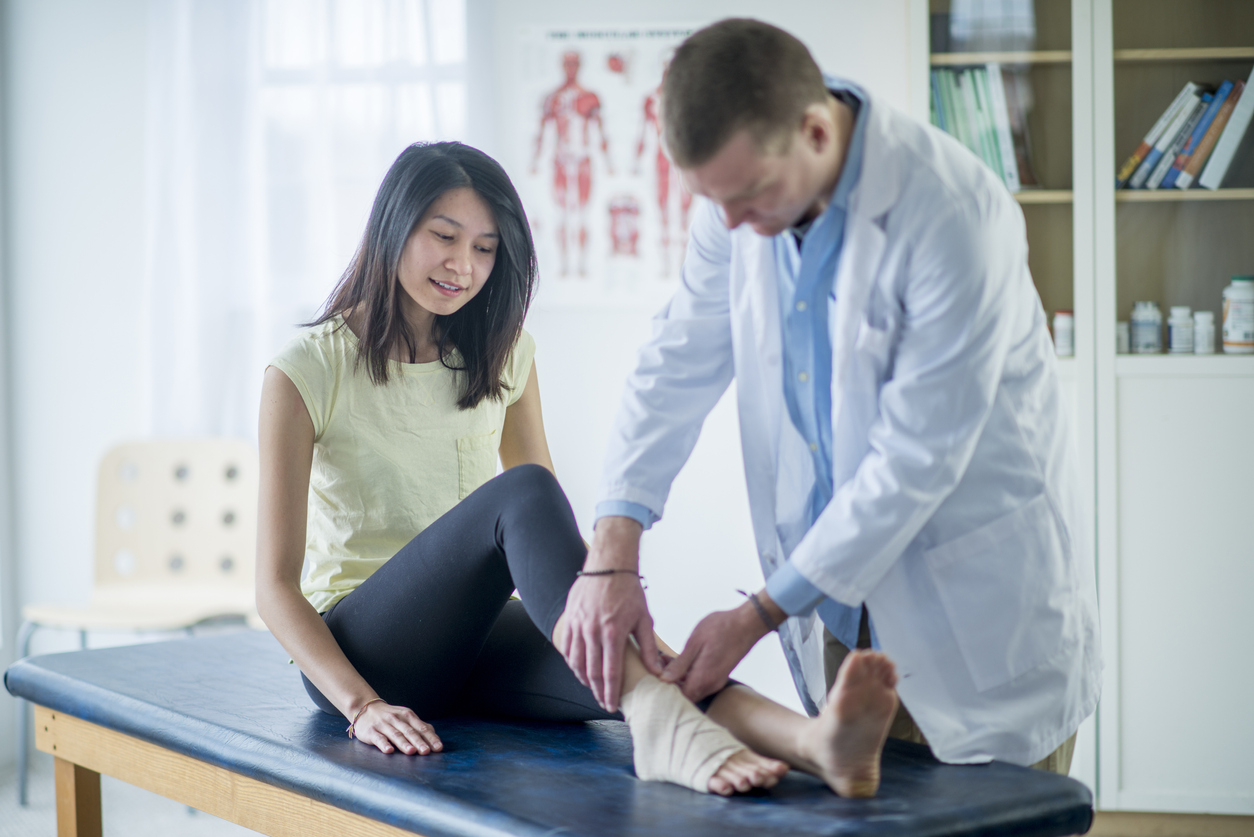
Sports Medicine
If you are an athlete, you are bound to have had some type of sports-related injury. In most cases, these injuries affect either your musculoskeletal system or both. If you have a sports injury, should you seek out a chiropractor or a sports medicine physician? While some people believe they are one and the same, there are actually differences between the professions.
The Difference Between a Chiropractic Doctor and Sports Medicine Specialist?
Both doctors also work in private practice to treat sports-related injuries on a professional or recreational level. Once you understand the difference between the two, you can make an informed decision about what type of treatment you need:
Chiropractic Doctor
This type of doctor is highly trained in musculoskeletal issues along with structure and physiology. They are more hands-on when performing adjustments with the body. Chiropractics is the belief that manipulating the spinal column is a beneficial way to enhance body performance and healing without medicines.
Sports Medicine Specialist
This type of doctor deals specifically with sports-related musculoskeletal injuries. They go through extensive training which prepares them to treat and prevent sports-related injuries. Sometimes they do use medicines in their treatment protocol. But in addition to musculoskeletal injuries, they also deal with concussions, chronic injuries and illness, and exercise plans.
When Should You See a Chiropractor Or Sports Med Doctor?
You will have to determine which particular situation fits your immediate need. Chiropractic treatment may better suit you if you have soft tissue injuries, misalignments, soft tissue injuries, and other injuries that only need hands-on manipulation. More than anything else, athletes seek treatments that will reduce pain and improve their range of motion.
Chiropractic treatments are known to lessen recovery time. Muscle fatigue from throwing a baseball, body hits, jumping, and blocking is not uncommon. Massaging can improve blood flow and injury repair. In training, doctors can use both anatomical and physiological patterns to understand injuries.
A sports med doctor may better suit you if you are suffering from a concussion, ankle sprain, or even a fracture. You can also see them if you’re just looking for a regular checkup or need a chronic injury tended to. They can often find problems that a chiropractic doctor may not readily see. They will also monitor the injury and if necessary, prescribe rehab or even prescriptions to help the patient heal as quickly as possible.
Our Staff of Sports Medicine Specialists Provides The Following Office Procedures:
- Joint Aspiration – Joint aspirations (taking fluid out of a joint) are usually performed under local anesthesia. Joint aspiration is usually done as a diagnostic or therapeutic procedure. Drainage of a large joint effusion (abnormal buildup of joint fluid) can provide pain relief and improved mobility.
- Joint Injection – Joint injections (i.e., corticosteroids, hyaluronic acid) are usually performed under local anesthesia to treat inflammatory joint conditions like osteoarthritis, tendonitis, bursitis, rheumatoid arthritis and gout.
- Tendon/Ligament Injections – Injections that help heal collagen-based connective tissues like tendons and ligaments after an injury
- Trigger Point Injections – Injections such as cortisone are made directly into the central point or trigger point of a joint or muscle injury to relieve pain
- Nerve Hydrodissection – Treats and relieves the pain of carpal tunnel syndrome and other nerve entrapments.
- Steroid Injections – Also known as cortisone injections, steroid shots are a common treatment for inflammation of tendons, bursa and joints.
- Splinting, Casting, Functional Bracing – We provide many options for splinting, casting and functional bracing that secures your injury and allows it to heal.
Sport Medicine Conditions We Treat
Our experienced staff of sports medicine specialists diagnoses and treats the following conditions:
- Acute Injuries Ligament Sprains
- Tendon/Muscle Strains
- Fractures
- Cartilage injury
- Contusion
- Concussion
Overuse Or Chronic Conditions
- Tendonitis/Tendinosis (such as rotator cuff, tennis elbow)
- Stress fractures
- Bursitis
- Arthritis
- Nerve entrapment (such as carpal tunnel)
Even if you are not an athlete, you can benefit from the services. People often pull muscles and have other traumatic injuries from doing everyday activities like bending, stretching, and even doing housework. After a physical examination, your doctor will provide the best possible solution to fit your needs.









